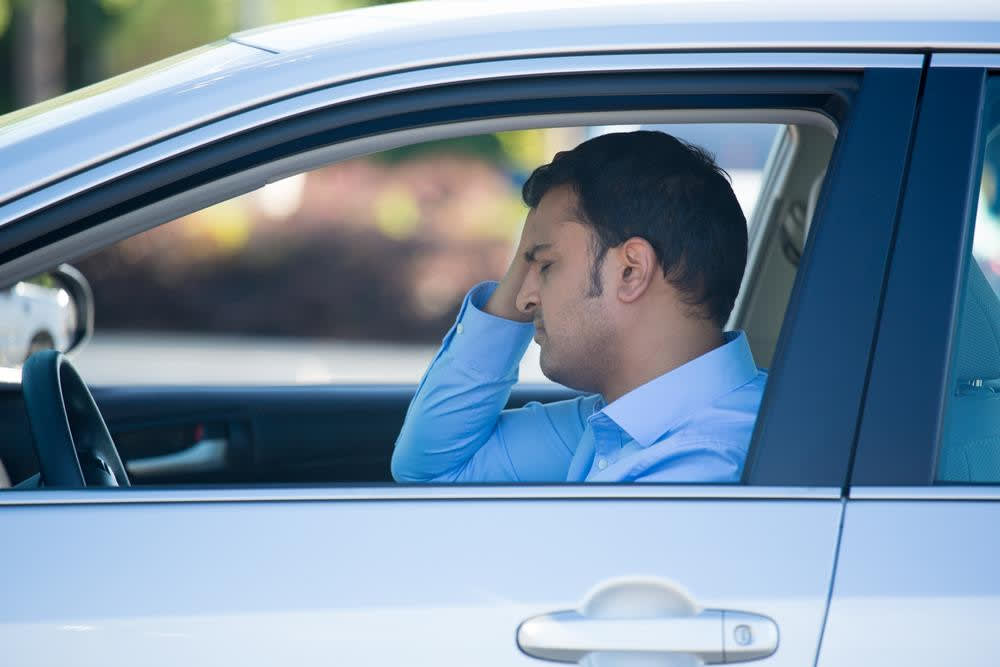

Traumatic brain injury (TBI) includes a wide range of things, including concussion (a milder form of TBI, but one that should be taken seriously). If you’ve sustained a head injury in a sports accident, in a car wreck, or in some other way, you’re probably wondering if it’s safe to drive with a concussion. The short answer is no.
Some things to watch out for include:
Concussion symptoms: The most important reason you shouldn’t drive with a concussion is because of the symptoms associated with this condition. Drowsiness is one of the most common symptoms, and that means that you won’t be able to pay attention to the road. Concussions can sometimes lead to the patient falling unconscious even hours after the injury was sustained. If that happens when you’re behind the wheel, you’ll lose control and crash.
Potential problems: Drivers attempting to get back behind the wheel too soon after experiencing a concussion may find it impossible to pay attention, which is a serious problem when driving. They may also show poor physical coordination, which is something that can lead to a serious accident. Poor judgment is another issue, and chances are good that your reaction times will be much slower than they should be.
When can you drive again?
If you’re concerned about when you can get back behind the wheel after a concussion, the answer is: “it depends”. There are many different factors that will pertain, and each case is different.
Here are a few of the factors what will affect how long it takes before you can drive:
- The severity of the symptoms experienced
- How long the symptoms lasted
- Whether the symptoms reoccurred after going away
- How long the symptoms have been gone
- Whether symptoms reappear during times of physical, emotional or mental stress
- Your doctor’s advice about driving (which will be based on the factors above)
In short, only return to driving after suffering from a concussion when your doctor tells you it’s safe.



